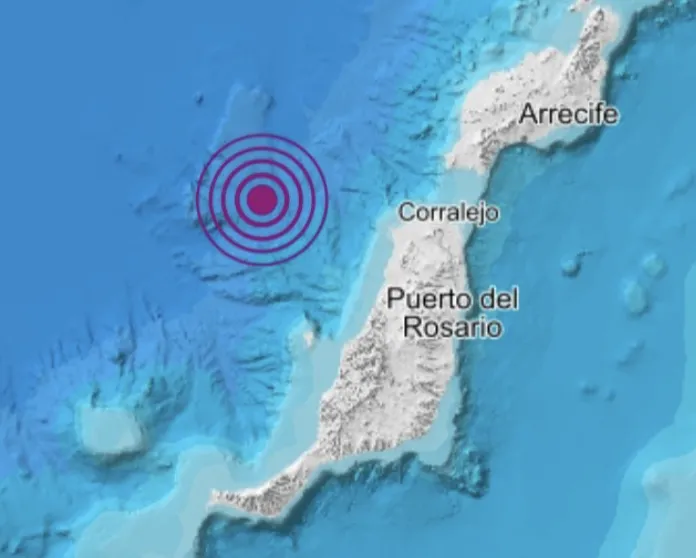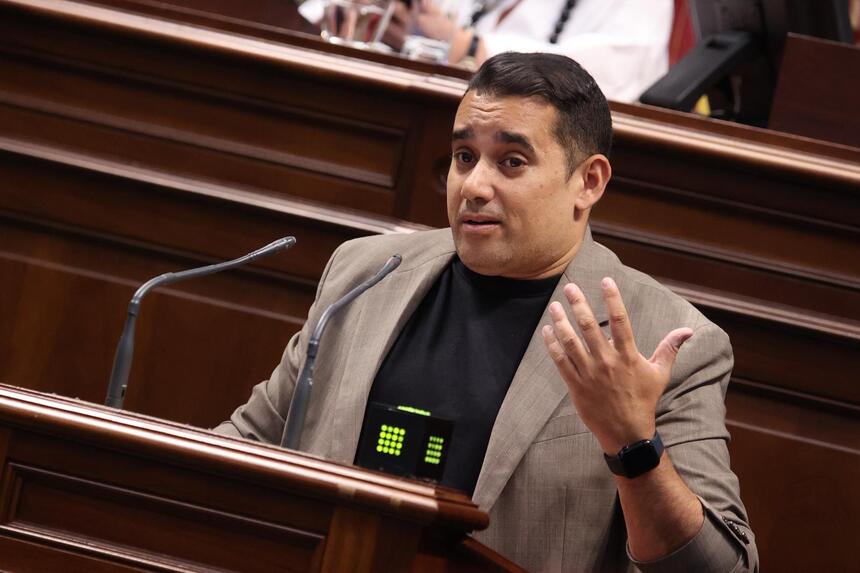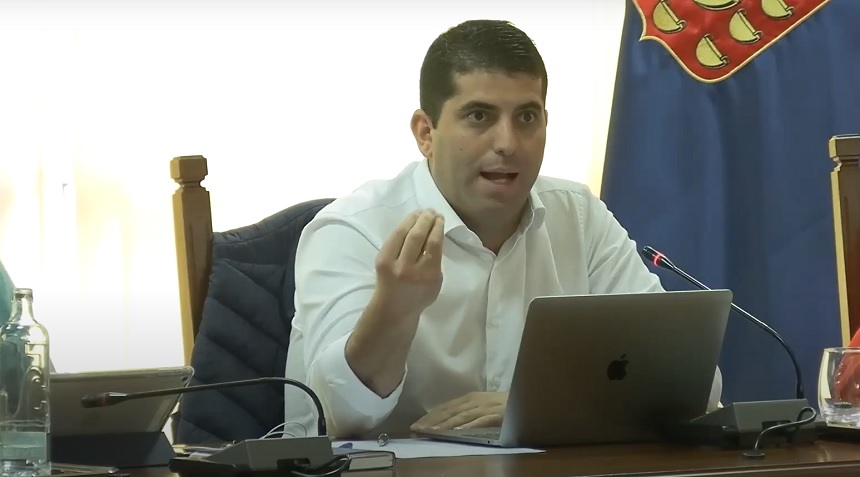The Government of Spain, led by Pedro Sánchez, has taken a decisive step with the approval on Tuesday, 26 August, of the Royal Decree on the Ordinary Capacity of reception systems across various regions of the country. This is a significant regulation that enables progress in the protection of unaccompanied migrant children and adolescents, ensuring that no autonomous community is overwhelmed and that solidarity translates into concrete actions.
Extraordinary Migration Contingency
From now on, those communities that triple their ordinary capacity, which is the minimum number of places that their reception systems must have available, will be declared in extraordinary migration contingency. This will activate a mechanism that allows the transfer of minors to other communities with greater capacity to respond.
Initial Estimates and Transfers
Initial estimates from the Ministry suggest that 3,975 children and adolescents will be relocated from the Canary Islands, Ceuta, and Melilla, regions that are likely to be declared in extraordinary contingency. This figure is expected to decrease by around a thousand, as the Supreme Court has recognised that minors seeking asylum should remain outside this distribution.
Assured Equity in Transfers
It is important to emphasise that the transfers will be carried out in an orderly and objective manner, following criteria outlined in the Royal Decree: population, per capita income, unemployment rate, prior reception efforts, etc. This approach ensures fairness and proportionality in the number of minors assigned to each autonomous community.
Challenges Faced
The process has not been easy. There have been attempts to block it by some communities governed by the Popular Party, which have already faced judicial setbacks, as seen in Aragón on two occasions, in their efforts to halt a procedure that holds all legal guarantees. The explanation for these manoeuvres is clear: the political debts of the PP with Vox, which has demanded that various regions reject the binding and supportive reception process in exchange for budgetary support.
Clarifying Misconceptions
It is essential to address two falsehoods that are being circulated. The first is the claim that the autonomous communities have not been consulted. This could not be further from the truth. The Ministry of Youth and Childhood has convened three Sectorial Conferences on Childhood and Adolescence and numerous Sectorial Commissions in just five months. The communities governed by the PP have not presented a single alternative; their only stance has been to block and refuse to implement the law.
The second misconception is that there are insufficient resources. The Government has put forward a fund of 100 million euros to cover transfers, bolster the reception of relocated minors, and support communities that exceed their ordinary capacity. This represents the largest resource transfer in history on this matter. However, some communities, while reducing taxes for those with greater wealth, argue that there are not enough resources to fulfil a moral and legal obligation: the protection of childhood. The definitive evidence that this is not a funding issue is that the PP-led regional governments did not attend the last Sectorial Conference, where a special credit of 22 million euros was set to be approved specifically for regions governed by them: Balearic Islands, Ceuta, Melilla, and the Canary Islands.
A Humanitarian Responsibility
From Lanzarote, as the Island Director of the General Administration of the State, I want to emphasise a clear message: the protection of migrant children is not an ideological issue, but a humanitarian and legal one. This is not a debate about borders, but about dignity and rights. The Canary Islands have more than demonstrated their commitment, sustaining a tremendous effort for years, which now, thanks to this Royal Decree, will be shared across the entire country.
Spain is once again showing that it is a supportive state, one that does not leave the most vulnerable behind and promotes co-responsibility. Migrant children must not be used as political bargaining chips. We owe these children protection, a future, and humanity.














